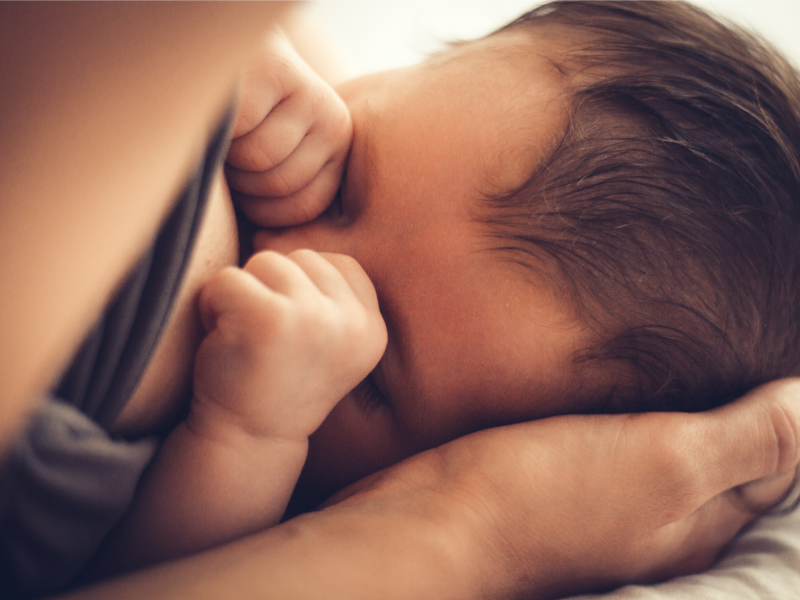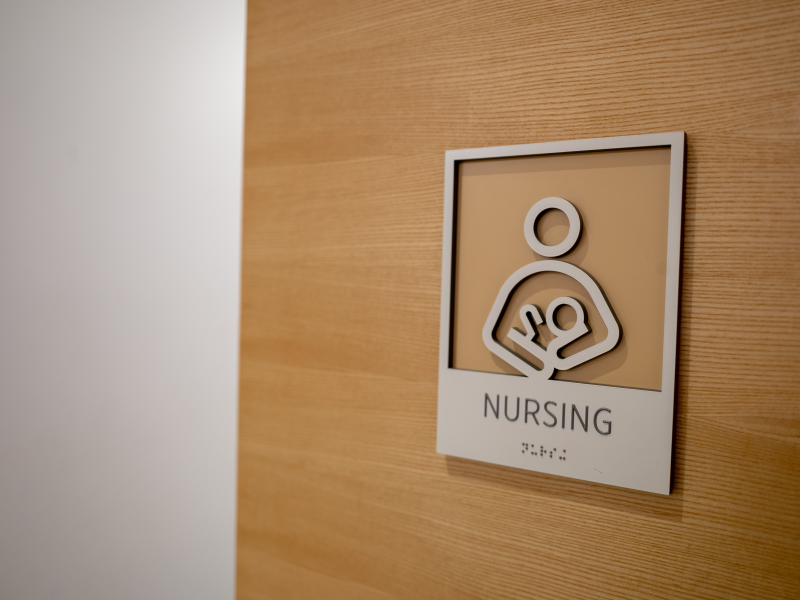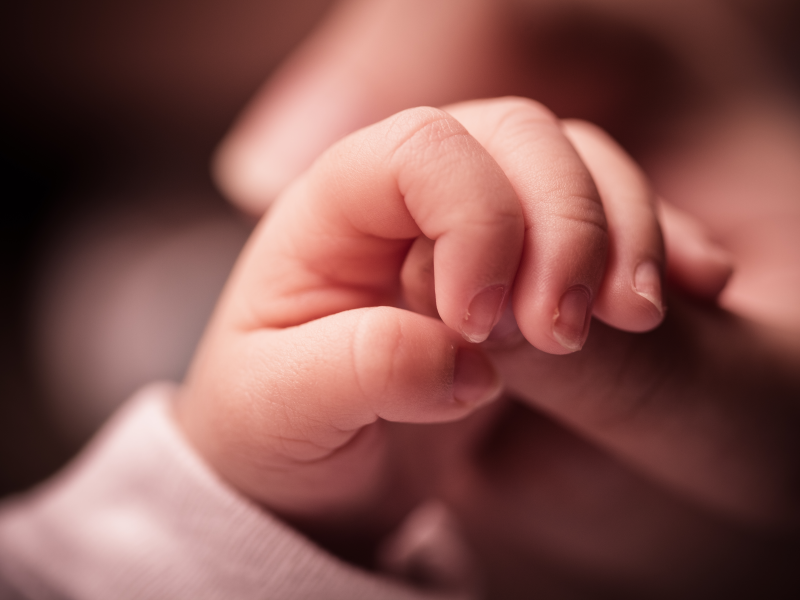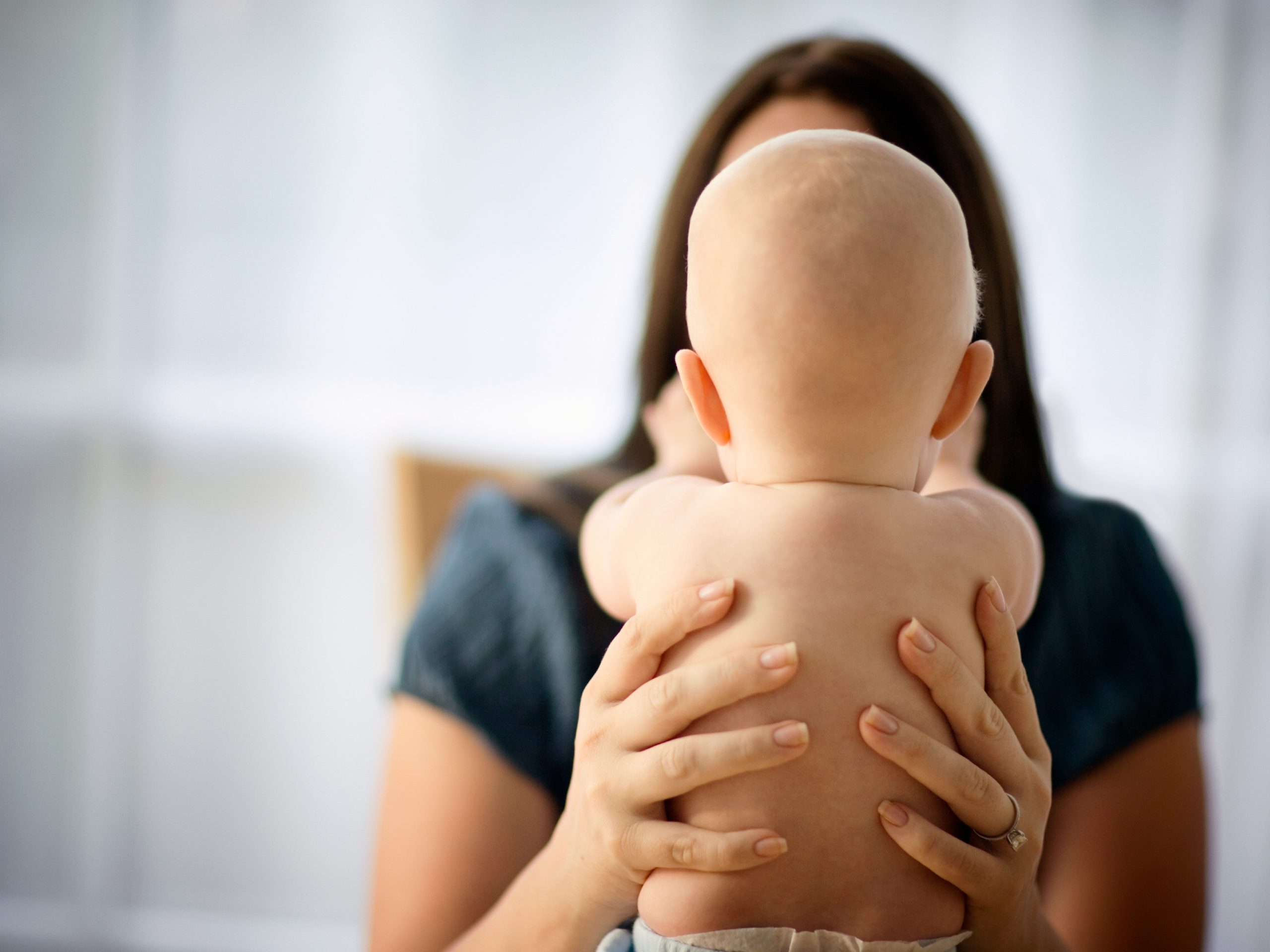- When Ashley Abramson decided to wean her 14-month-old son from breastfeeding, she thought she would feel liberated, and like she had her body back.
- Soon after, Abramson fell into a deep depression, and didn’t understand why.
- Hormones fluctuate later for women who breastfeed than for women who don’t. This can essentially lead to a delayed postpartum depression, a condition that’s under-studied.
- Visit Insider’s homepage for more stories.
I’m not much of a royal obsessive. But when I read that Meghan Markle was weaning her baby, Archie, I couldn’t help but wonder about the Duchess of Sussex’s emotional state, which she has been refreshingly open about since giving birth in May.
Just reading the word “weaning” brought me back to the spring afternoons I spent glued to my living room couch two years ago when I went through the process with my own son, Miles. Everything outside the window was coming to life after a long, Minnesota winter, but all I could see was darkness.
I was ready to stop breastfeeding. I wasn’t prepared for the sadness that came with it
I had an out-of-state trip writing conference coming up, so it seemed like an opportune time to start weaning. I was ready to have my body to myself after more than a year of nursing, and Miles was eager to eat more solid foods.
I knew to take it slow, that stopping too abruptly could lead to mastitis, a painful breast infection I’d had several times before. I knew to spend extra time cuddling my son to make up for the oxytocin hormones we were both missing from our feeding sessions. I didn’t know, however, that the process could lead to delayed postpartum depression that would leave me totally disconnected for almost a month.
Miles, on the other hand, was totally content with his new life beyond my breast. He happily played with toy cars and trains alone on the carpet beneath me. His chattiness and laughter, which normally made my heart swell, only irritated me. All I wanted was to close my bedroom door and be alone, without my son's constant demands weighing me down. (And also to scream into a pillow.)

When Miles was born 14 months earlier, I anticipated a bout of postpartum depression or anxiety, since I had had debilitating panic attacks after my first son was born. When I ceased breastfeeding my older son three years prior, I remembered feeling a bit out of whack until my period returned, but that was it.
I had no reason to think this post-birth experience would be different.
But it was.
Of course, I was exhausted and on edge most of the time after Miles was born. But the heavy depression didn't hit me until I stopped breastfeeding.
I struggled to get my work done and take care of my baby on my own
I didn't feel that sad; I mostly felt lethargic and numb, like I was watching my life happen from behind a glass window. I struggled to muster the motivation to meet writing deadlines. On many days, I called my husband to come home from work early to help me. I never experienced suicidal ideation, but the hopelessness I felt was too heavy to carry by myself.
When I opened up to my neighbor, a mother of three, about what I was going through, she told me about her experience with post-weaning depression. Only then, did I realize what was happening to me.
"It was horrible for the first few weeks," she told me while we talked in the kitchen.
I promised I'd call her if I needed anything, and as I walked home, I breathed a sigh of relief knowing that my body was probably balancing itself out.
Post-weaning depression is a delayed postpartum depression
Post-weaning depression is technically a delayed onset of postpartum depression, according to Dr. Lauren Osborne, assistant director of the Johns Hopkins Mood Disorders Center and assistant professor of psychiatry and behavioral sciences.

Every woman's hormones shift in the same way during the transition into motherhood. But for women who nurse, the process happens later, which can lead to delayed depression symptoms for some.
"If you're nursing, the state of your hormones won't go back to normal until the time you wean," Osbourne told Insider. "Women who are breastfeeding just keep their hormones steady for a longer time."
While weaning, mothers may also feel depressed from ending a special bond with their babies
For women who have post-weaning depression, there might be a sense of grief too.
My body was preparing to transition from being a life-sustaining force for my baby to existing as an independent entity. In some ways, that felt like a relief. But it also signified something deeply sad: My baby was growing up, and he no longer needed me the same way he once did.

There could be other triggers at play too, including returning to work and starting to menstruate regularly again, Osbourne said.
Post-weaning depression is actually relatively common, but it's under-studied, Osbourne added. Thankfully, the field of reproductive psychiatry is growing, which means more and more mothers will have access to mental health care and resources.
Osborne advises new mothers with depression to seek out a specialist, like a reproductive psychiatrist, who might be more seasoned in these issues than a general psychiatrist or an OB-GYN.
My post-weaning depression subsided after about a month, once I got my period. To get through those difficult few weeks, I made a lot of calls to my husband during the day and I spent a lot of time at my neighbor's house drinking coffee and talking. Feeling understood by another mom - made a huge difference for me.
Osborne said those types of conversations can play a significant role in supporting mothers who are struggling.
"We need to talk about it," Osbourne said, "and grapple with it."
- Read more:
- Suicide is a leading cause of death in new moms. A simple text message could help.
- I ate marijuana edibles, and it eased my parental burnout and guilt about being a single dad
- I ran the New York City Marathon in memory of my baby daughter. It was 26 miles for every month she fought to live.










